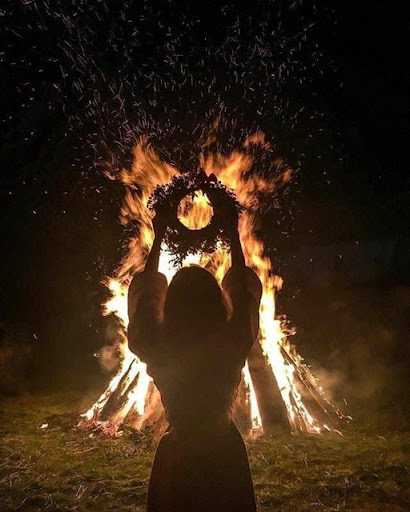Fasting, pt. 2
Fasting also puts you in the shoes of the beggar. Now it’s your turn to go hungry, thirsty, and beg while showing heaven your “anything helps” signs and tokens. How long will you beg before you give up? How often do we pass by beggars? How frequently do their prayers go unanswered? How long will we wait? If God has commanded us to be the relief they need, can God answer your prayers by the same means? “And it came to pass that as he entered the city, he was an hungered; and he said to a man, Will ye give to an humble servant of God something to eat? And the man said unto him, I am a Nephite, and I know that thou art a holy prophet of God, for thou art the man whom an angel said in a vision, Thou shalt receive. Therefore, go with me into my house, and I will impart unto thee of my food. And I know that thou will be a blessing unto me and my house. And it came to pass that the man received him into his house. And the man was called Amulek; and he brought forth bread and ...

